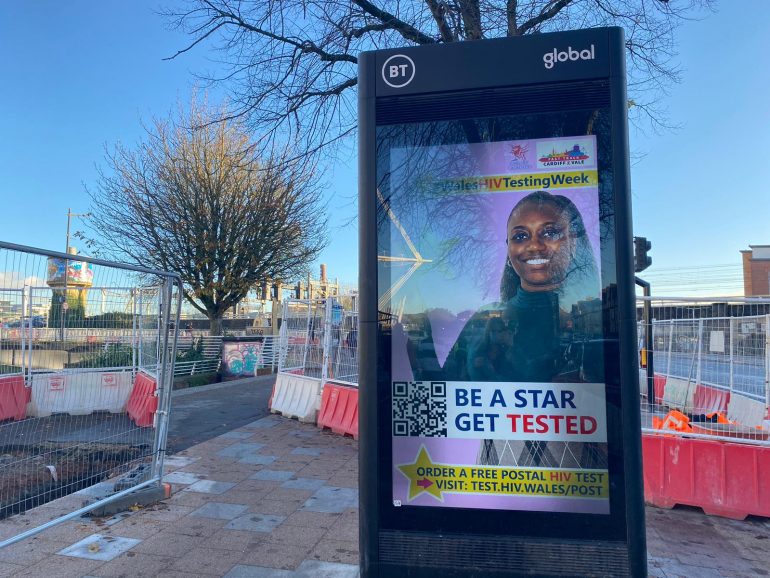A Welsh HIV Charity is worried that insufficient numbers of people are being tested at an early enough stage for HIV.
Dr David Gillespie, The Research Lead for Fast Track Cardiff and Vale, says that new HIV diagnoses in Wales have been falling in recent years, but 42% of cases are still diagnosed late. A late diagnosis means that HIV has already started to have an impact on the immune system and can limit the chances of living a healthy life as an HIV-positive person.

Yesterday marked the start of Fast Track Cardiff & Vale’s HIV Testing Week – a campaign to challenge misconceptions about the virus and advertise the readily available postal self-testing kits through the slogan: ‘Be a Star. Get Tested.’
These Test and Post kits are available online and can diagnose chlamydia, gonorrhoea, syphilis, HIV and hepatitis B&C. The postal service is being evaluated by Frisky Wales through anonymous order surveys to see if it is ‘right’ for the country.

TGian Molinu, the Chair of Fast Track Cardiff & Vale says that breaking the stigma around HIV is the key to achieving the United Nations goal of zero new transmissions by 2030:
“People in Wales need to know that 21st century HIV is treatable and preventable. We need to get the message across that testing is the key to stopping HIV by 2030.”
Such publicity campaigns have proven successful in the past. Research by Fast Track found that orders of postal HIV test kits more than doubled in Cardiff after the launch of the #TimetoTest 2020 campaign.
testing is the key to stopping HIV by 2030
The rate of late diagnosis in Wales has fallen from 2019 figures of 62% and is now around the UK average. Dr Alessandro Ceccarelli, Fast Track’s Communications Lead, believes the next step towards zero transmissions is to improve networks and encourage testing in regions outside of South Wales.

